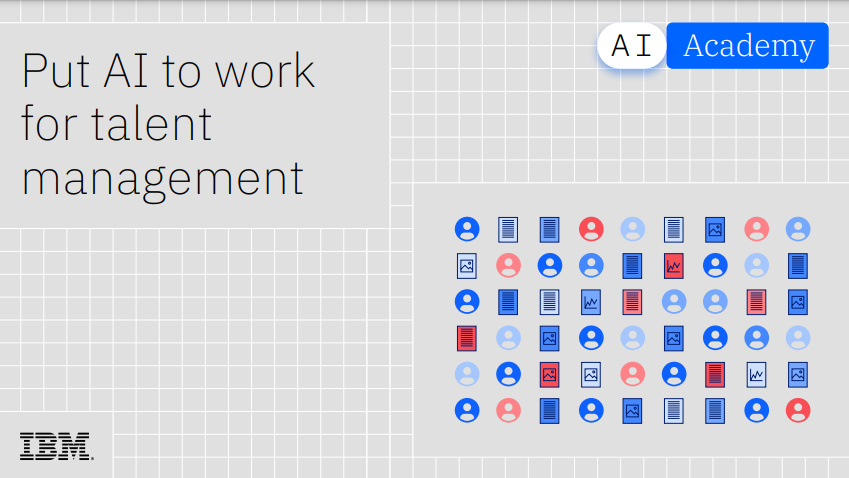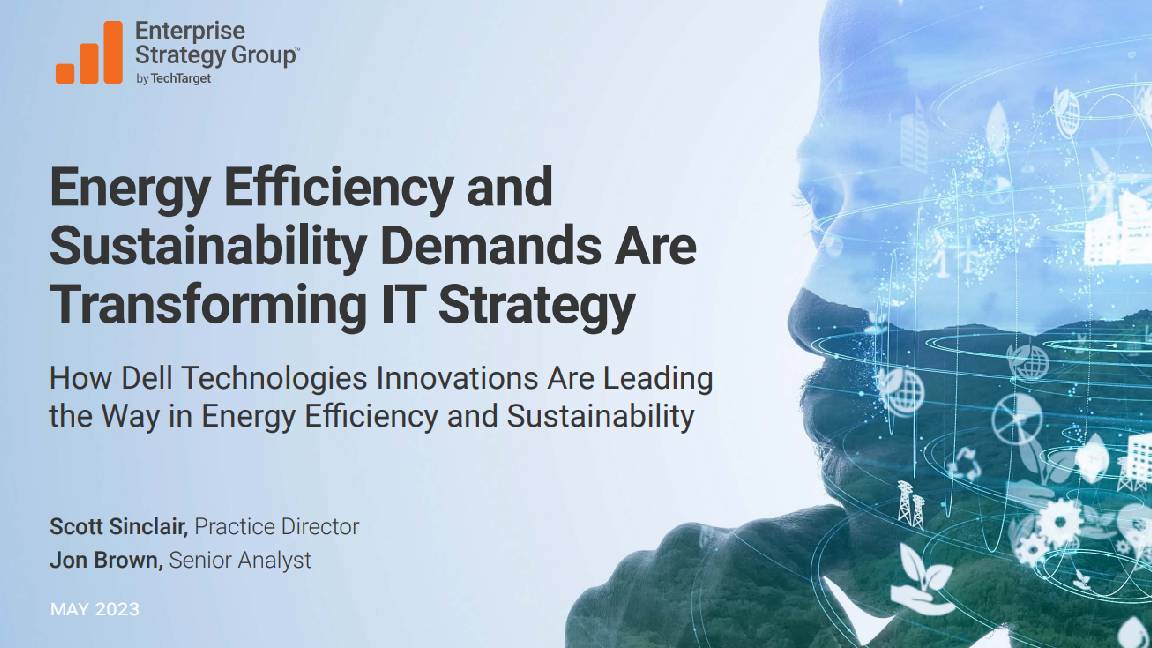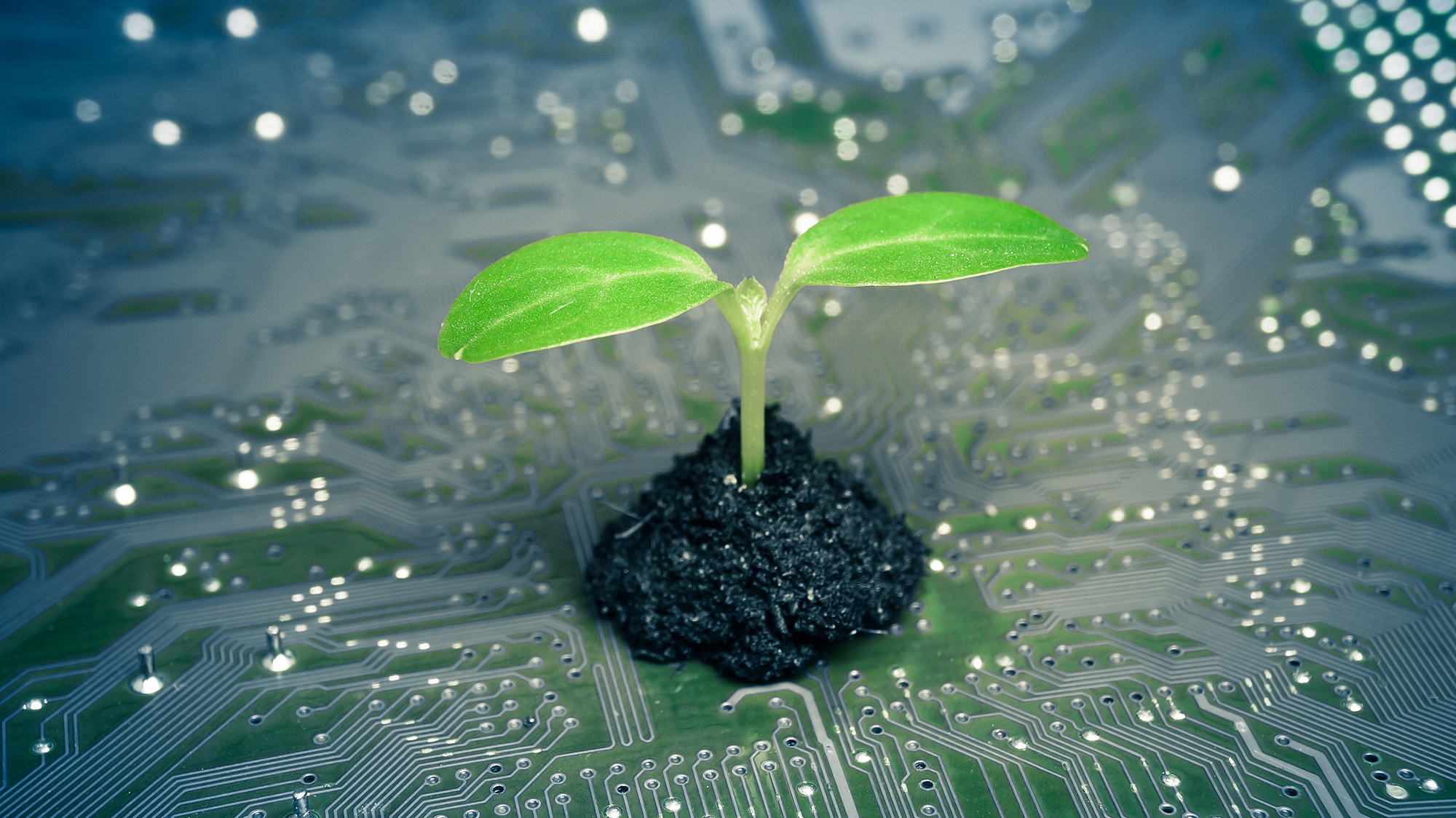Akamai unveils its ambitious sustainability goals for 2030
The company also pledged a net-zero Akamai edge platform

In 2015, Akamai set targets to reduce emissions by 30%, power its edge platform with 50% renewable energy, and recycle 100% of e-waste by the end of 2020.
During the five years, the company reduced its energy consumption tenfold for every unit of capacity while also achieving its objectives.
Continuing its commitment to environmental sustainability, Akamai has announced five new goals for 2030.
The new goals surround Akamai's intelligent edge platform, the communities it lives, operates and works in, and its global supply chain.
"Akamai believes that corporations share the responsibility to protect the earth's natural resources. These 2030 goals reflect our commitment to this belief," said Nicole Fitzpatrick, deputy general counsel and chief ESG officer.
Akamai meets over half of its energy needs via renewable sources. Akamai's first goal will prioritize the implementation and procurement of renewable energy to power 100% of its global operations by 2030. If Akamai operates in an area without an adequate renewable energy supply, it plans to use attestable and traceable sources of renewable energy certificates to meet its goals.
Akamai's most energy-intensive operation involves managing its intelligent edge platform that includes over 325,000 servers across 135 countries. As part of its second goal, Akamai plans to make its edge platform 50% more energy efficient.
Get the ITPro daily newsletter
Sign up today and you will receive a free copy of our Future Focus 2025 report - the leading guidance on AI, cybersecurity and other IT challenges as per 700+ senior executives
The third goal focuses on 100% platform emissions mitigation. To achieve this goal, Akamai will work with data center providers and landlords to build attestable renewable energy sources that equal Akamai's footprint. Both scope-one and scope-two emissions are included within the net-zero emissions target.
Akamai has set responsible supply chain management as its fourth sustainability target. For a measurable reduction by 2030, the company will collaborate with its top suppliers to benchmark and quantify scope three emissions.
Lastly, the global expansion of 100% electronic waste recycling program is Akamai’s fifth sustainability goal. Akamai will recycle all electronics at the end of a product's lifecycle per the e-Stewards program guidelines. Furthermore, over the next 10 years, the company plans on making partner programs more efficient by disposing of e-waste in the country of origin where feasible.
-
 CISA issues warning in wake of Oracle cloud credentials leak
CISA issues warning in wake of Oracle cloud credentials leakNews The security agency has published guidance for enterprises at risk
By Ross Kelly
-
 Reports: White House mulling DeepSeek ban amid investigation
Reports: White House mulling DeepSeek ban amid investigationNews Nvidia is caught up in US-China AI battle, but Huang still visits DeepSeek in Beijing
By Nicole Kobie
-
 Beyond the upgrade: How to maximize IT investments and minimize waste
Beyond the upgrade: How to maximize IT investments and minimize wasteHow to maintain optimal performance and productivity with your fleet of hardware and stave off the next upgrade cycle for a bit longer
By ITPro
-
 Put AI to work for talent management
Put AI to work for talent managementWhitepaper Change the way we define jobs and the skills required to support business and employee needs
By ITPro
-
 Energy efficiency and sustainability demands are transforming IT strategy
Energy efficiency and sustainability demands are transforming IT strategywhitepaper How Dell Technologies innovations are leading the way in energy effiency and sustainability
By ITPro
-
 Energy efficiency and sustainability demands are transforming IT strategy
Energy efficiency and sustainability demands are transforming IT strategywhitepaper How Dell Technologies innovations are leading the way in energy effiency and sustainability
By ITPro
-
 Your guide to smarter printing: 2024 edition
Your guide to smarter printing: 2024 editionWhitepaper Making smarter printing simple for all businesses
By ITPro
-
 More than a number: Your risk score explained
More than a number: Your risk score explainedWhitepaper Understanding risk score calculations
By ITPro
-
 How to empower employees to accelerate emissions reduction
How to empower employees to accelerate emissions reductionin depth With ICT accounting for as much as 3% of global carbon emissions, the same as aviation, the industry needs to increase emissions reduction
By Fleur Doidge
-
 How much say does IT really have in sustainability initiatives?
How much say does IT really have in sustainability initiatives?ITPro Network Vendors are ready to proclaim their green credentials, but as members of the ITPro Network explain, making changes on the ground can be complex
By Jane McCallion